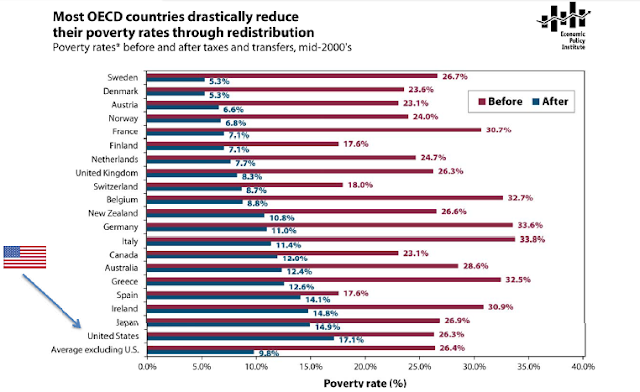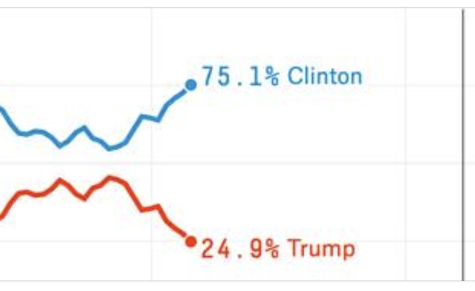It goes on and on. For example, this report from the NYT:
SAN FRANCISCO — Apple removed an app late Wednesday that enabled protesters in Hong Kong to track the police, a day after facing intense criticism from Chinese state media for it, plunging the technology giant deeper into the complicated politics of a country that is fundamental to its business.
Apple said it was withdrawing the app, called HKmap.live, from its App Store just days after approving it because authorities in Hong Kong said protesters were using it to attack the police in the semiautonomous city.
A day earlier, People’s Daily, the flagship newspaper of the Chinese Communist Party, published an editorial that accused Apple of aiding “rioters” in Hong Kong. “Letting poisonous software have its way is a betrayal of the Chinese people’s feelings,” said the article, which was written under a pseudonym that translates into “Calming the Waves.”
In a statement on Wednesday, Apple said, “The app displays police locations and we have verified with the Hong Kong Cybersecurity and Technology Crime Bureau that the app has been used to target and ambush police, threaten public safety, and criminals have used it to victimize residents in areas where they know there is no law enforcement. This app violates our guidelines and local laws.”
And then this (about Apple again) from The Verge:
News organization Quartz tells The Verge that Apple has removed its mobile app from the Chinese version of its App Store after complaints from the Chinese government. According to Quartz, this is due to the publication’s ongoing coverage of the Hong Kong protests, and the company says its entire website has also been blocked from being accessed in mainland China.
The publication says it received a notice from Apple that the app “includes content that is illegal in China.”
In a statement, Quartz CEO Zach Seward, who assumed the role of chief executive just two days ago, tells The Verge that “We abhor this kind of government censorship of the internet, and have great coverage of how to get around such bans around the world.” The statement points to the publications’ coverage of VPNs, which can be used to bypass restrictions on accessing certain parts of the internet from mainland China. Quartz also links out to its coverage of the Hong Kong protests.
Apple capitulating to the Chinese government is nothing new. The company’s deep business interests in China, which include a majority of its consumer electronics supply chain, mean that in almost all cases, it abides by the country’s censorship policies and its sensitive reactions to any and all criticism of the Chinese government.
What’s so interesting about recent developments is that the magical thinking that most Western companies (and most governments, come to that) have indulged in about China has been exposed as fatuous wishful thinking. As de Gaulle famously observed decades ago, “Great nations do not have friends, only interests.” China is flexing its muscles.


